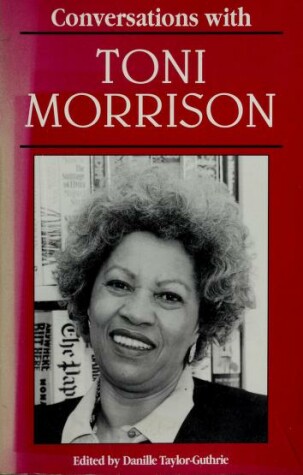Literary Conversations
1 total work
Without apology Nobel Prize author Toni Morrison describes herself as an African American woman writer. These collected interviews reveal her to be much more. She has shared space in her creative life for her career in publishing, in teaching, and in being a single parent. Writing, however, is one thing she "refuses to live without." These interviews beginning in 1974 reveal an artist whose creativity is intimately linked with her African American experience and is fueled by cultural and societal concerns. For twenty years she has created unforgettable characters in her acclaimed novels--The Bluest Eye, Sula, Song of Solomon, Tar Baby, Beloved, and Jazz. Morrison tells her interviewers that her goal as a writer is to present African American life not as sociology but in the full range of its depth, magic, and humanity. "I want my work to capture the vast imagination of black people," she says. "That is, I want my books to reflect the imaginative combination of the real world, the very practical, shrewd, day-to-day functioning that black people do, while at the same time they encompass some great supernatural element." Though the scope and the magnitude of her art have brought her international acclaim, even some of her most ardent admirers have viewed her fiction mainly with a focus on class, race, and gender. In these interviews, however, she addresses the artist's concern with moral vision and with a resistance to critical attitudes that categorize black writing largely as sociology. From these interviews comes a greater understanding of Toni Morrison's purpose and the theme of love that streams through her fiction.
